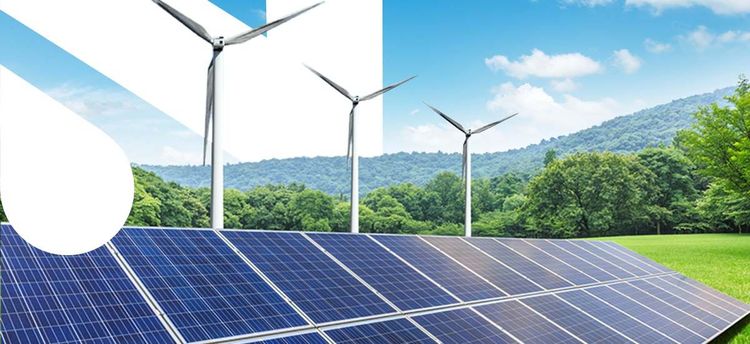5 Dec 2024

Renewable energy benefits our planet, from reducing carbon footprints to creating cleaner air. It’s a major player in a more sustainable world. With its benefits, it is no wonder there is growing interest in the commercial and residential sectors. Discover how shifting to renewable energy matters for our environment and economy.
Today’s global warming and climate change remain a threat to the future. Renewable energy is one of the ways to help the planet, shaping a cleaner and more sustainable world.
Generating energy from renewable resources paves the way for a healthier planet. Instead of releasing harmful greenhouse gases during production, renewable energy sources like solar and wind emit low levels of carbon dioxide. The reduced air pollution makes them the most viable solution to minimize environmental degradation, so we can combat climate change with renewables.
The impact of renewable energy sources goes beyond the environmental aspect. Job creations in the renewable energy sector stimulate economic growth. Local employment opportunities can increase projects within the community, opening new markets and investment diversification. All these possibilities can help maintain long-term economic stability.
Compared to traditional energy sources like coal or natural gas, renewable energy offers a series of advantages, including:
Renewable energy is a significant player in preserving the environment, delivering:
More industries rely on renewable energy to protect the environment and the economy. Here’s how these unlimited resources help boost the overall market:
There’s only one Earth, and choosing to protect it is the only option. With renewable energy, you contribute to the following:
Emerging technologies in the renewable energy sector multiply every year, from multijunction solar cells to the latest hydroelectric innovations. The race to develop more efficient and affordable renewable energy technologies improves security and resilience in the energy industry. Many companies and homeowners are switching to renewables, driving more technological advancements while shaping a more sustainable future.
While renewable energy sources offer many benefits, challenges loom in certain areas, such as government support and technology implementation.
The rise of renewable energy needs government support. Investment in research and development allows better renewable integration and extensive power generation capacity. Clear and solid policy frameworks should provide a predictable regulatory environment that helps balance supply and demand. These policies can guide infrastructure developments like energy grids and storage systems. Incentives and subsidies for demand response programs also stimulate market growth and industry competitiveness.
Energy storage and grid management innovations require ongoing research and innovation to enhance viability. Technology advancements and proper implementation are needed to address grid integration challenges and reliability issues.
By focusing on technological solutions and policy measures, renewable energy can help shape a better, sustainable future. Address the challenges through:
Promote a more sustainable lifestyle today and for future generations with renewable energy. Embracing the natural way of generating electricity can work toward protecting the environment and paving the way for a greener economy. If you're ready to switch to renewables with Northeastern Power, contact our team today!